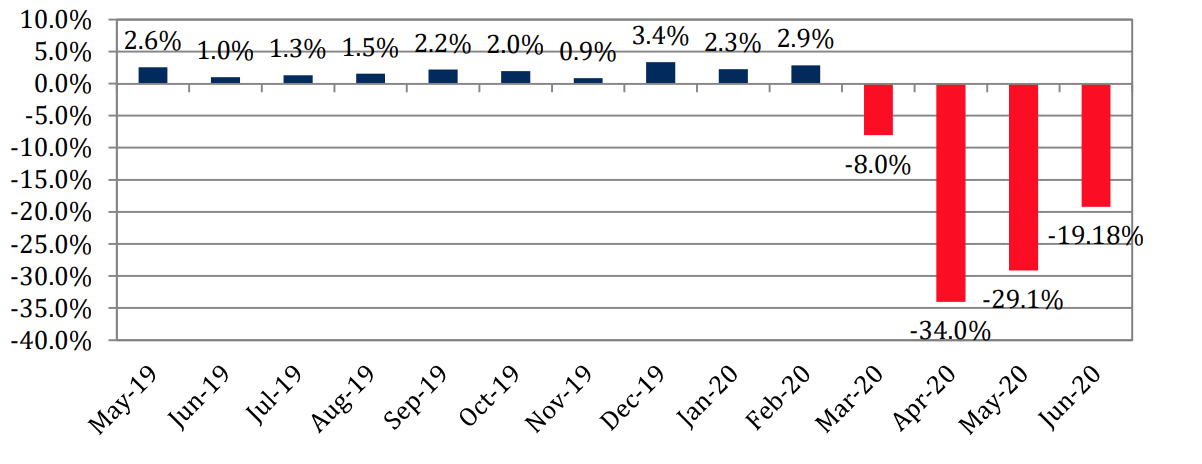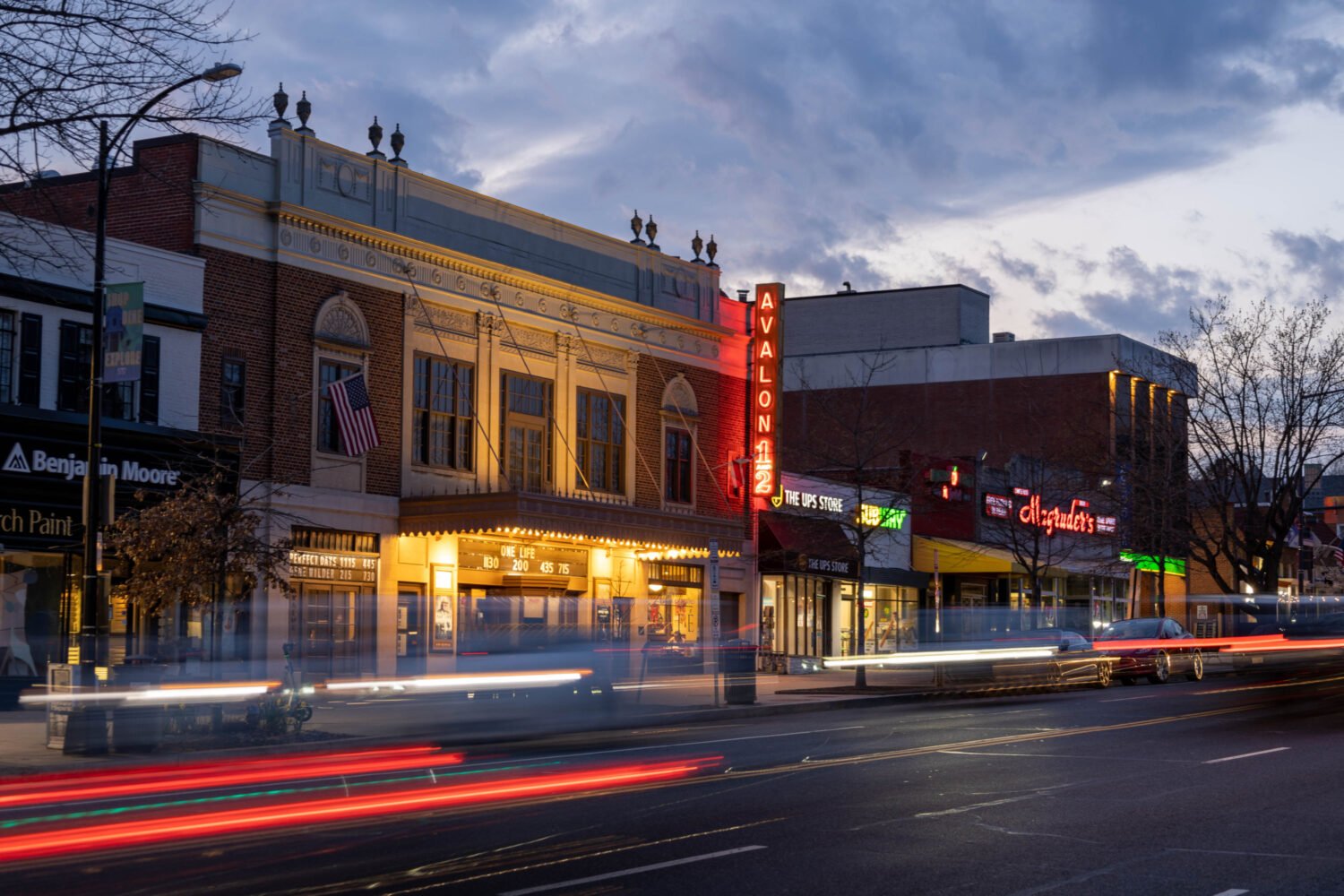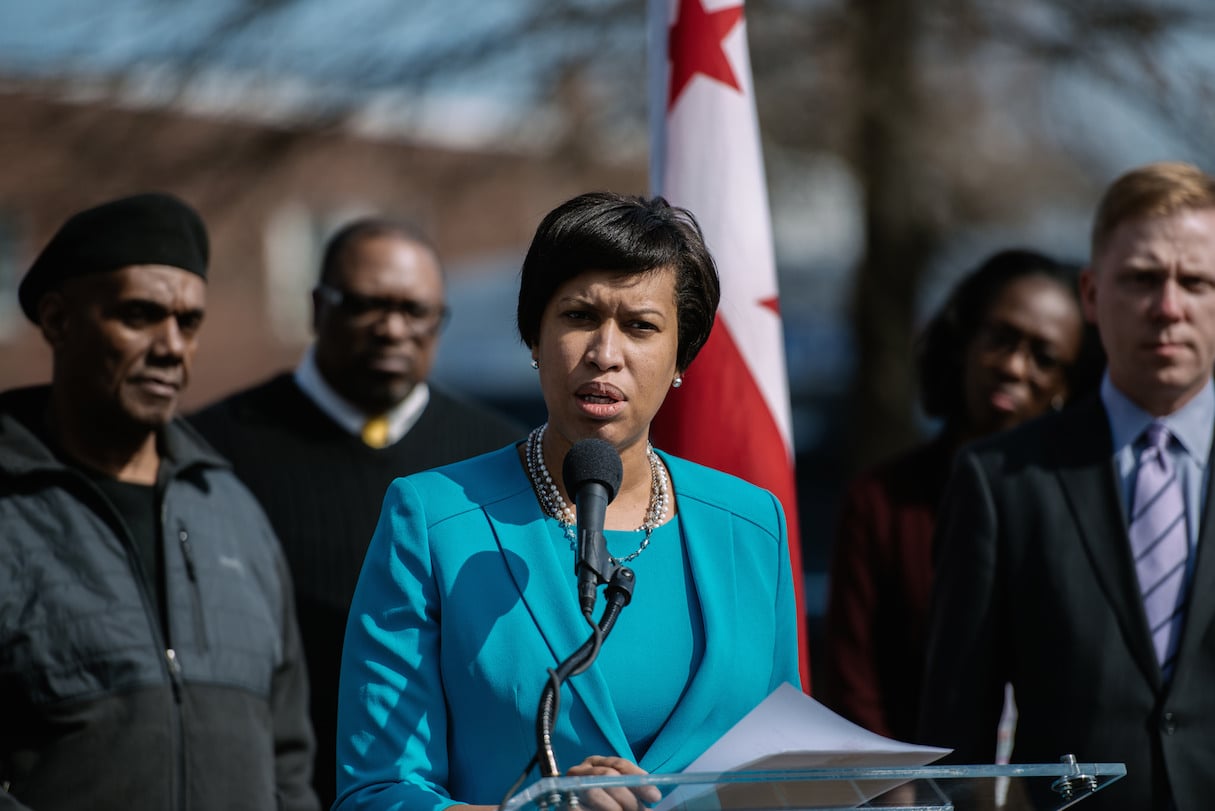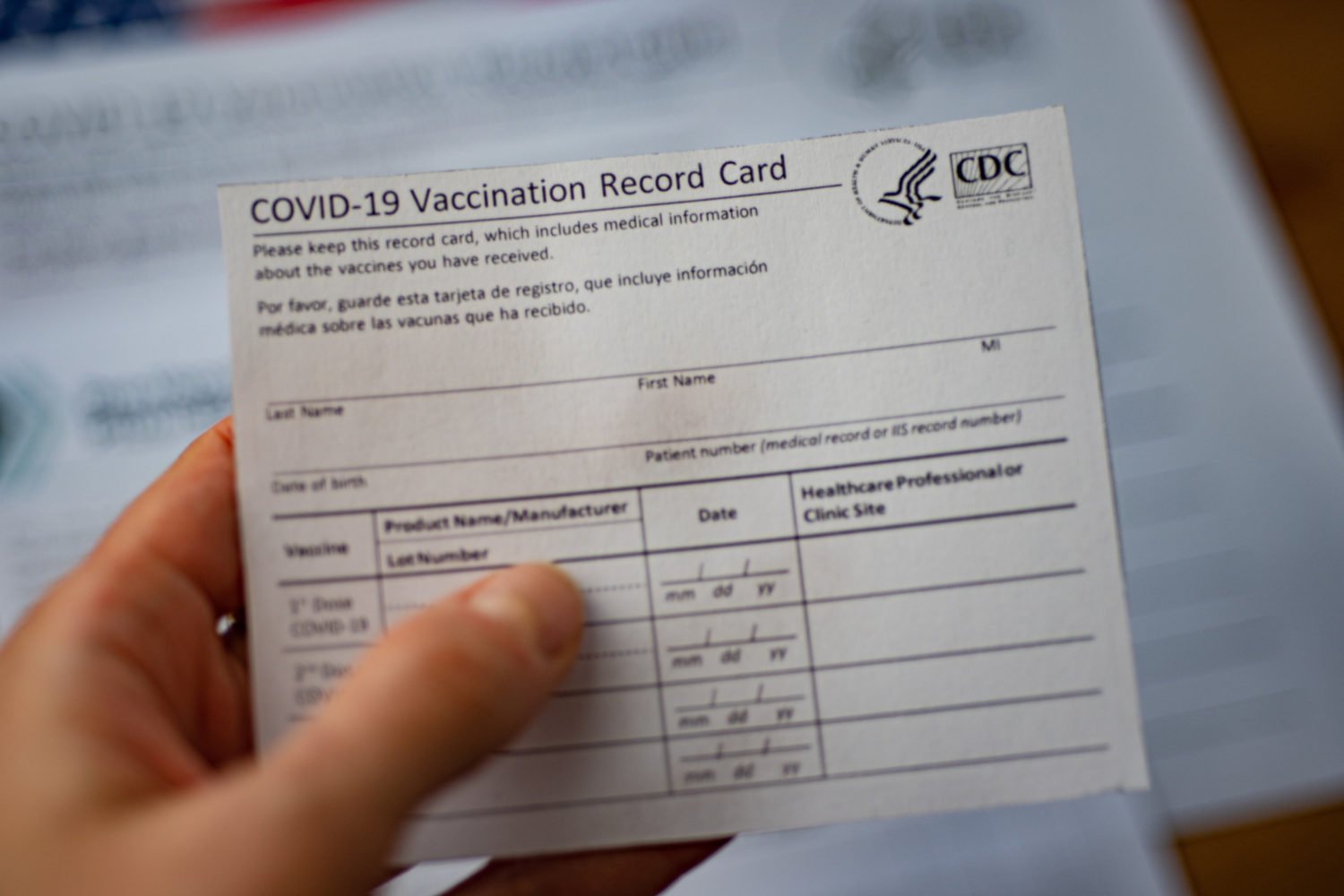The Washington region has started to rebound from its Covid-induced economic collapse, but business conditions remain extremely weak and a number of developments are threatening to put the breaks on the recovery, according to a new report from the Stephen S. Fuller Institute at George Mason University.
The report, released Tuesday, also says that the Washington Coincident Index—a composite of several data points GMU’s researchers use to measure the health of the local economy—fell 19 percent in June from a year earlier. That’s a notable improvement from April, when the Coincident Index was down a staggering 34 percent from the prior year. Nevertheless, the local economy remains in terrible shape. “For comparison,” the researchers wrote, “the peak-to-trough decline during the 2008 Recession was 16.2 percent and the current contraction in economic conditions remains larger.”
The researchers identified factors that could derail the recovery. For example, according to research conducted in late July, nearly 30 percent of Washington area households expect employment losses to continue. The researchers wrote that the deteriorating economic outlook on the part of consumers is likely related to fears of a potential second wave of coronavirus inflections. These fears, the researchers believe, could serve to undercut the modest economic recovery.
Meanwhile, the restrictions that have been implemented to protect against the spread of Covid continue to be a drag on small businesses: “19.6 percent of small businesses in the Washington region reported that physical distancing needs for customers limited their operations in August.”
The researchers concluded that these two factors—weakening consumer expectations and constraints on business owners—will create significant headwinds for the still-struggling regional economy.
“In upcoming months,” they wrote, “weakening consumer expectations and constraints affecting business operations, including changes to allow for physical distancing and the availability of protective equipment, are likely to further subdue the rate of recovery.”


![Luke 008[2]-1 - Washingtonian](https://www.washingtonian.com/wp-content/uploads/2017/10/Luke-0082-1-e1509126354184.jpg)















